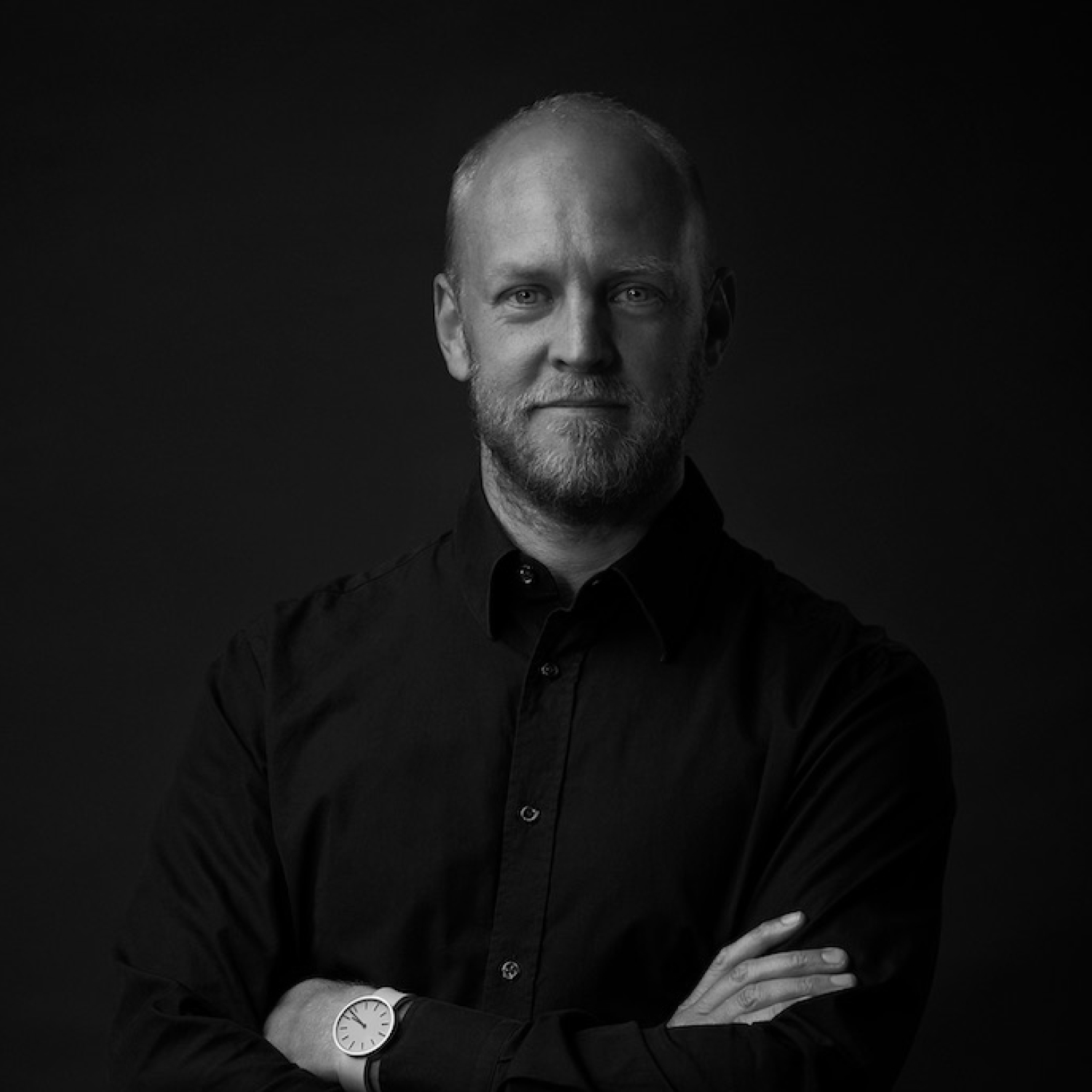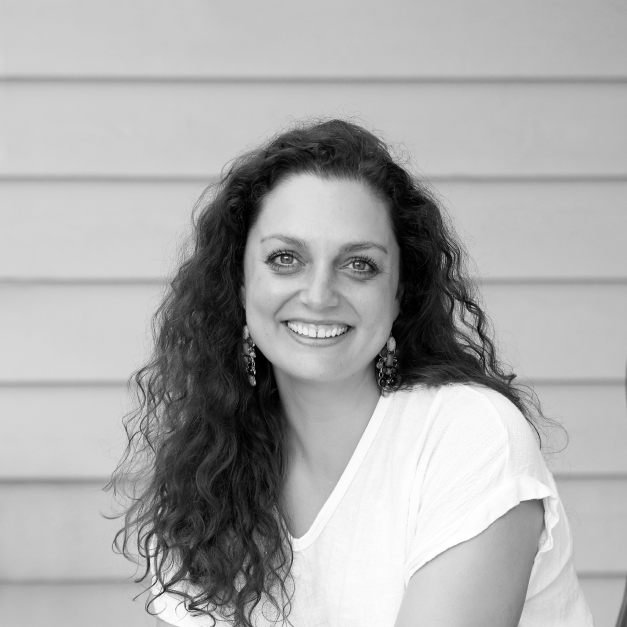
ASKING FOR A FRIEND
How do you politely and firmly tell male industry peers not to refer to yourself and colleagues as girls?
ASKING FOR A FRIEND - QUESTION
Tired of being called "girls" at work? it's infuriating and unprofessional, but fighting back can feel risky. Wesley Hawes, Executive Creative Director at Innocean Australia, reveals his "disarming" techniques that use perfectly timed humour to call out the behaviour without creating drama. Katie Feder, a registered psychotherapist specialising in workplace dynamics, explains why this is fundamentally about setting boundaries and why your discomfort is reason enough to speak up. Andy Wright, CEO of Streamtime and founder of Never Not Creative, shares tactical advice for creating support networks that make these conversations less daunting. Together, they provide a no-nonsense toolkit for how to politely but firmly tell male industry peers not to refer to yourself and colleagues as girls, helping you reclaim your professional identity with confidence.
"Girls"? Seriously? How to Shut Down Condescending Workplace Language
Picture this: You're in a meeting, delivering brilliant insights, when some bloke from another company chirps up with "Well, what do the girls think?" The girls? THE GIRLS? You're seasoned professionals, not a gaggle of teenagers at a sleepover, but here you are, instantly diminished to playground status.
Sound familiar? Of course it does. This infuriating little power play happens constantly, and the worst part? It often comes from people you can't exactly tell to sod off because they're working on your project. So what do you do when politeness meets principle?
This question was answered by Wesley Hawes, Executive Creative Director at Innocean Australia, who brings extensive leadership experience in creating inclusive creative environments; Katie Feder, a registered psychotherapist specialising in workplace wellbeing and boundaries; and Andy Wright, Host and CEO of Streamtime, founder of Never Not Creative with years of experience championing workplace equality.
The Art of the Comeback (Without Getting Fired)
Wes has mastered what he calls the "disarming" approach, and it's bloody brilliant. Think "Come on, it's 2025" delivered with just the right amount of raised eyebrow, or "Girls? Okay, granddad" with a knowing smile. These responses pack a punch without throwing one.
"I think come on, it's 2022 is a really good way or come on, X date is a really good way of disarming and helping you get into the topic without having to get on a soap box and be really computational with whoever is referring to you as girls," Wes explains.
The beauty of this approach? It calls out the behaviour while giving the offender a face-saving exit. Most people will get the hint and adjust their language immediately. Those who don't? Well, now you know exactly what you're dealing with.
Why This Isn't About Being "Difficult"
Katie cuts straight to the heart of it: this is about boundaries, full stop. Not the fluffy, self-help kind, but the real deal that keeps you sane and respected at work.
"A boundary is not there, actually. It's not about the other, it's about keeping me safe. And it's about me being an advocate for these are the rules of engagement if we're going to be in relationship in any way with each other that need to be respected," Katie explains.
Here's the thing that might surprise you: you don't need a committee vote to decide whether something is offensive. If it makes you uncomfortable, that's reason enough to speak up. Your feelings about how you're addressed are valid, regardless of whether others "get it" or not.
Your Toolkit for Professional Pushback
Once you've delivered your perfectly timed reality check, follow up with something concrete: "Can you just call us team or everyone or whatever you want the pronoun to be, or even just say, just call us by our names."
Andy's got a clever strategy for making these conversations less daunting: bring backup. Not the aggressive kind, but the supportive colleague kind.
"You might talk to it about it with, you know, some peers or some colleagues or some friends and actually you bring it up when they're around as a way of going well actually I know that I've got some people in the room that have got my back as well," Andy suggests.
There's power in numbers, and knowing you've got allies makes it easier to find your voice when it matters most.
When Nice Doesn't Work
Sometimes, despite your best efforts at diplomatic correction, you'll encounter the stubborn ones. The eye-rollers. The "it's just a word" brigade. That's when you escalate, and you do it without guilt.
Your manager needs to know if external partners are creating an uncomfortable work environment. This isn't about being a troublemaker; it's about maintaining professional standards. As Andy points out, many people genuinely want to do better once they understand the impact of their words.
"There's probably a bunch of people out there that want to be told, right? Like they actually don't want to make mistakes," he notes.
Never Not International Women's Day
This casual dismissal through language is exactly why Never Not International Women's Day exists as a continuous platform, not just an annual tick-box exercise. The "girls" comment isn't harmless banter; it's part of a pattern that keeps women from being taken seriously in professional settings. These micro-aggressions accumulate, creating environments where women's expertise is consistently undermined. The platform showcases real stories from women across creative industries who refuse to accept this as "just how things are." Explore their powerful content at Never Not International Women's Day.
F*ck the Cupcakes
The condescending "girls" label is textbook casual workplace misogyny, and it's exactly what the Fck the Cupcakes movement was created to combat. This isn't about being oversensitive; it's about refusing to accept the subtle ways women get diminished at work. Whether it's being called "girls," expected to take notes in meetings, or asked to organise the office party, these seemingly small things add up to big problems. Fck the Cupcakes says what many of us are thinking: enough is enough. Check out their mission and support their work at F*ck the Cupcakes.
Support When You Need It
If condescending language is part of a bigger pattern of workplace harassment or discrimination, you don't have to handle it alone. Never Not Creative's Support Line provides free initial legal advice for creative industry professionals facing bullying, harassment, or other workplace mistreatment. Sometimes just knowing your rights can give you the confidence to speak up more effectively. Don't suffer in silence when help is available at the Support Line.
Time to Reclaim Your Professional Identity
Here's the bottom line: you have every right to be addressed with the same respect as your male colleagues. Full stop. No exceptions. No "but they didn't mean it that way" excuses.
Katie puts it perfectly: "For us to go through life and not give voice to our truth diminishes our power and it makes us feel smaller and less than."
You're not asking for special treatment; you're demanding basic professional courtesy. And if that makes some people uncomfortable? Good. Discomfort is often the first step toward change. Your voice matters, your expertise deserves respect, and your professional identity isn't up for negotiation.
So the next time someone calls you and your colleagues "the girls," remember: you've got options, you've got allies, and you've got every right to expect better. Use them.
our guests
Industry Leader

Wez Hawes
72 & Sunny
Mental Health Expert

Katie Feder
Host

